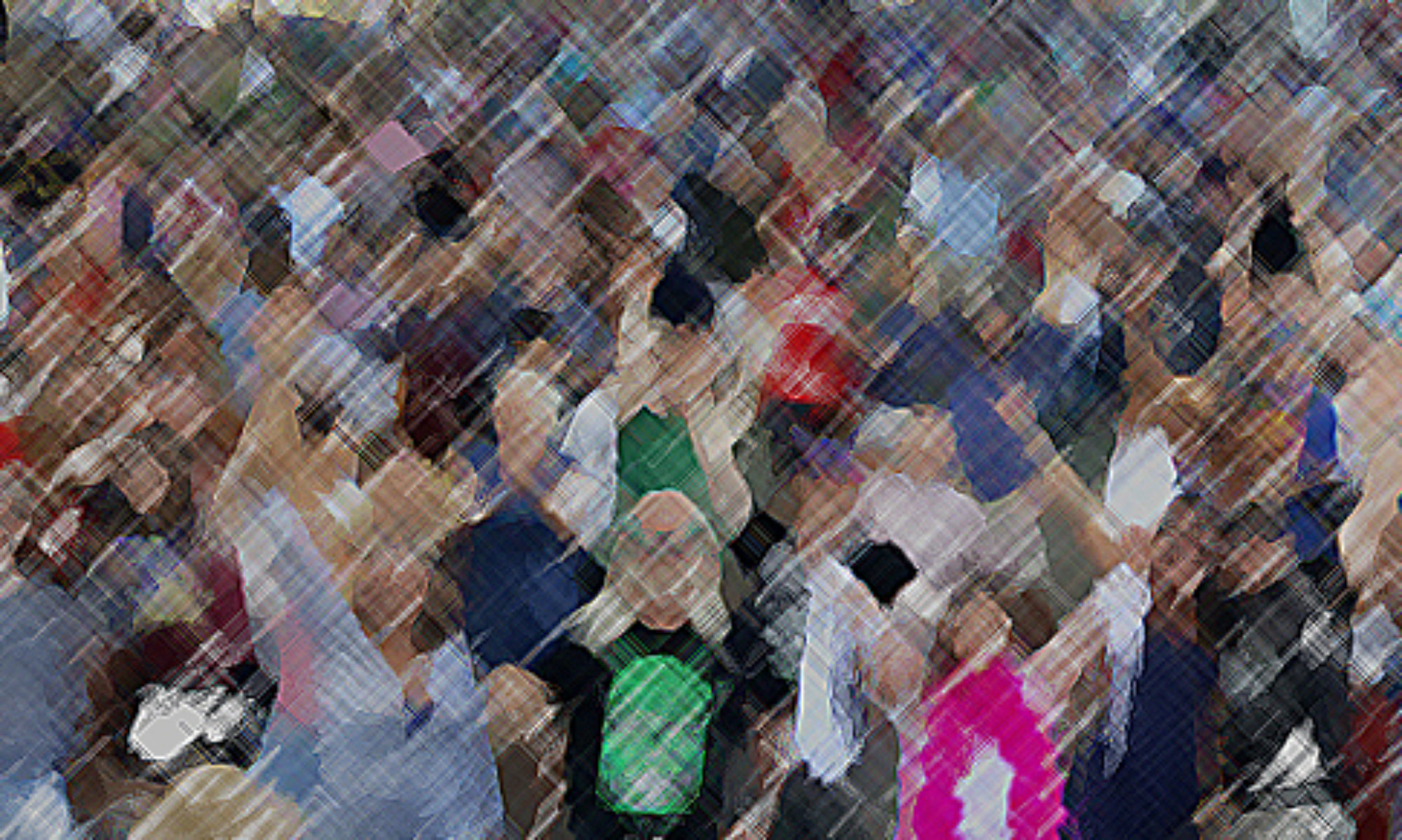It seems like a painfully obvious statement.
“Customers are human, too.”
But it gets overlooked every day. Many businesses treat the relationship in a way that suggests they think they are the only ones with human needs, emotions, and vulnerability. In the course of the daily grind, we all sometimes forget that the people we are dealing with are facing the same crap we are. The same bosses, same family issues, same barking dogs, same life hurdles, etc.
However, when we DO realize it, we change the way we interact with those wishing to do business with us, regardless of the business we are in. A man named Abraham Maslow studied psychology and Human Actualization throughout his career, creating what is called Maslow’s Hierarchy of Needs, which we will learn a little about, because it is the backbone of this whole concept of customer service. Basically, it is a list of emotional needs that must be met for self actualization. While there are arguably now more than five, the original five needs are:
PHYSIOLOGICAL NEEDS
You know….the basics of survival. Food, water, clothing, shelter, sex, sleep, and what not. Maslow, considered all other needs secondary to this one. It’s pretty big. I would definitely concur.
SAFETY NEEDS
We all want security, order, protection from the elements (like tigers and hurricanes), law, stability, and freedom from fear. He listed these as the second most important needs to be met. Makes sense to me. How about you?
LOVE AND BELONGING NEEDS
Maslow says that after the above mentioned needs, comes the need to belong. The need to love and be loved motivates behavior in a big way as we have seen played out in both life and in literature. Friendship, acceptance, trust, and intimacy are a part of this group of needs, and the need to be part of a collective is a strong need that should never be ignored. If you do, it will be your peril.
ESTEEM NEEDS
Our buddy Maslow broke this one down in to two categories: (1) esteem of oneself (dignity, achievement, mastery, independence) and (2) the desire for reputation or respect from others). Maslow actually found the needs for respect and reputation were most important for children and adolescents, proceeding self esteem or dignity, although today, there would be there would most likely be a lively discussion about that.
SELF ACTUALIZATION NEEDS
This need involves self fulfillment and personal growth, realizing one’s full potential. Maslow said it was “a desire to become everything one is capable of becoming”.
Look this guy up when you get the chance. Remember my friend Tony in the Grand Canyon? He told us “People spend money to feel good about themselves”. It was a simplified version of “People spend money to have emotional needs met, leading them to feel safe, secure, loved, fed, clothed respected, and fulfilled.”Tony’s explanation was simpler, but you get the point.
Are you going to fill all of these needs in your next transaction with a customer? Probably not, but knowing what they are is the first step in creating a sanctuary for your customers and guests.

